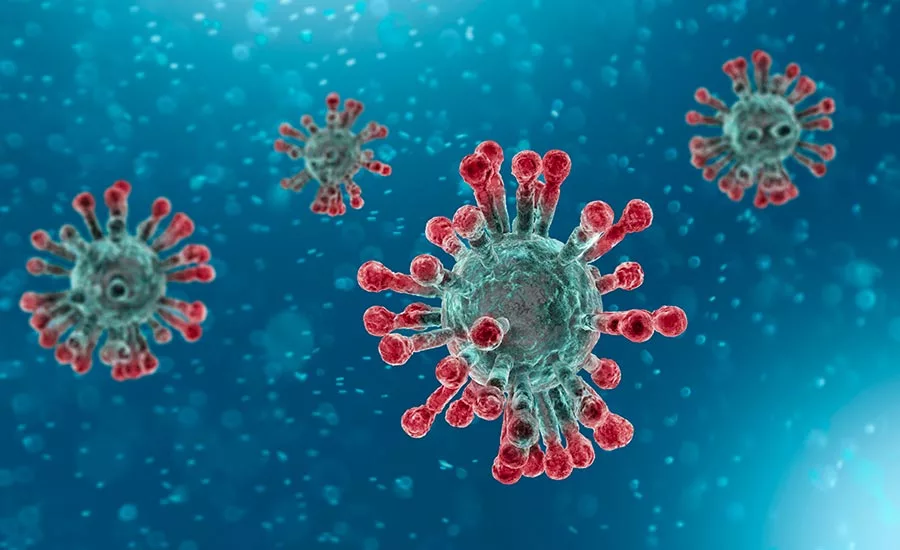Harvard Scientists Find Link Between Coronavirus and Loss of Smell

A team of Harvard scientists — led by Harvard Medical School associate professor Sandeep R. Datta — found that certain cells in the nose express genes that facilitate COVID-19 infection.
The study’s preliminary findings — published March 28 on bioRxiv, an archive of life sciences preprint manuscripts that have not been peer-reviewed — may explain why some coronavirus patients reporting a less acute sense of smell, says the Harvard Crimson.
“There seems to be a strong association between the development of disturbances in smell and getting COVID-19,” Datta said. “It seems like this may be one of the hallmarks of the disease.”
According to the Harvard Crimson, Datta and his collaborators collected publicly available genetics datasets to better understand how COVID-19 potentially infects cells in the olfactory system and disrupts its function. The researchers focused on genes expressed by cell types comprising the olfactory epithelium, which Datta described as “the part of your nose that is responsible for detecting the smells and sending the information to your brain.”
There are two proteins known to be receptors for the coronavirus, according to Datta. Cells expressing both molecules may be “uniquely susceptible” to COVID-19 infection.
Datta said the group expected to find that neurons responsible for detecting odors would be most susceptible to infection. Instead, they “got a surprise” and discovered it was actually the cells supporting the sensory neurons that expressed the vulnerable genes.
“That’s interesting because it might provide some potential mechanisms for how the coronavirus might actually cause a change in your sense of smell,” Datta said. “I think, at least at first pass, those mechanisms are not the ones we would have naively expected.”
Though Datta said extensive clinical validation is required to confirm the findings, existing medical records indicate that loss of smell seems to happen “very rapidly," says the Harvard Crimson.
Looking for a reprint of this article?
From high-res PDFs to custom plaques, order your copy today!





